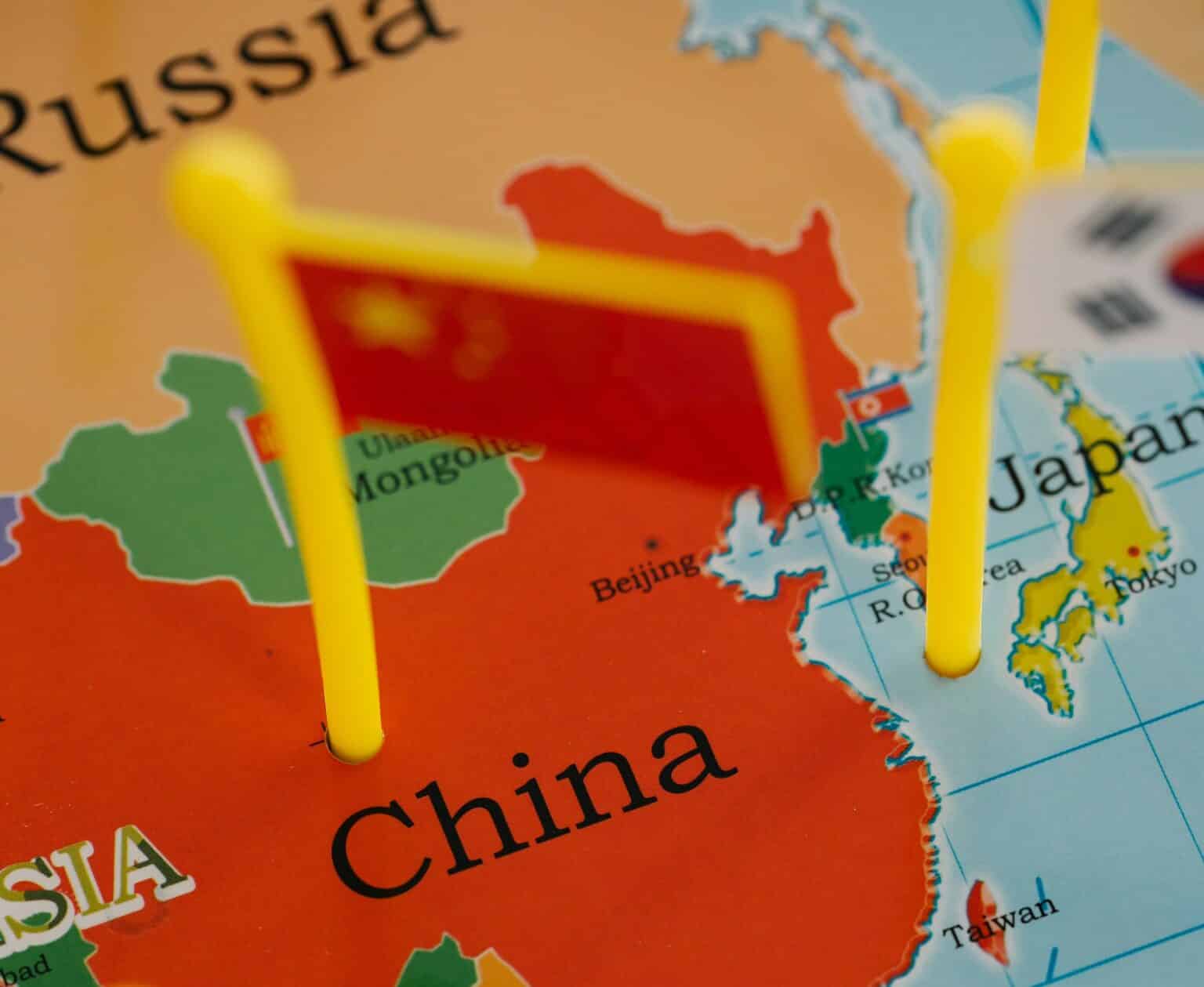During a videoconference Friday, Russian President Vladimir Putin and Chinese President Xi Jinping vowed to deepen their bilateral cooperation amid what they called “geopolitical tensions” and a “difficult international situation.”
Neither leader directly mentioned Russia’s 10-month war in Ukraine. However, Putin expressed a desire to extend military collaboration.
Putin said he expected Xi to visit Moscow in the Spring. He said such a visit would “demonstrate to the whole world the strength of the Russian-Chinese ties on key issues.”
He added that military cooperation has a “special place” in the relationship between their two nations.
During Xi’s opening remarks he said, “against the background of a difficult international situation, China is ready to increase political cooperation with Russia” and to be “global partners.” That’s according to the Russian state media translation of the broadcast.
The videoconference occurred amid reports that Putin is growing increasingly isolated—not only on the global stage but within Moscow as well—as the Russian invasion of Ukraine has faltered. The Washington Post cited interviews with Russian business leaders, officials and analysts who said a new gulf is emerging between Putin and much of Russia’s elite.
He “feels the loss of his friends,” one Russian state official with close ties to diplomatic circles told the Post. Referencing the President of Belarus, the official added, “Lukashenko is the only one he can pay a serious visit to. All the rest see him only when necessary.”
By contrast, Ukrainian President Volodymyr Zelensky made history last week by visting the U.S. and receiving more than a dozen standing ovations during his speech before a joint session of Congress. He returned home with an additional $1.85 billion in security assistance, and days later Congress voted to include $27.9 billion in emergency Department of Defense spending for Ukraine in the end-of-year omnibus bill that President Biden signed on Thursday.
Before arriving home, Zelensky also visited Poland, where he and President Andrzej Duda reinforced their friendship and the bilateral alliance between their two nations.
China, meanwhile, has refused to condemn Russia’s invasion of its sovereign neighbor, instead parroting Russian talking points by laying blame on NATO and the U.S. However, analysts say China is “eager” for the war to end.
Further, China’s domestic situation has changed significantly in the months since the February invasion, which could necessitate a changing approach toward Russia and toward Putin. Not least of all, China is dealing with its worst Covid surge so far after finally abandoning its zero Covid policy, leading to, among other things, travel restrictions from China by other countries.
The break with the zero Covid policy followed unprecedented protests across China last month in which demonstrators called for Xi to step down—also unheard of in the People’s Republic.
But China has promised a “no limits” friendship with Russia. And just last week Moscow and Beijing held joint naval drills in the East China Sea.
Zelensky warned in his nightly video address Thursday to Ukraine—which has been bombarded by missile attacks on power stations and other vital infrastructure—that Russia has not given up its goal of capturing all of the Donetsk region by New Year’s Day.
“There are two days left in this year,” he pointed out. “But no matter what they plan, we know one thing about ourselves: we will survive. We will. We will drive them out. No doubt about it. And they will be punished for this terrible war.”


